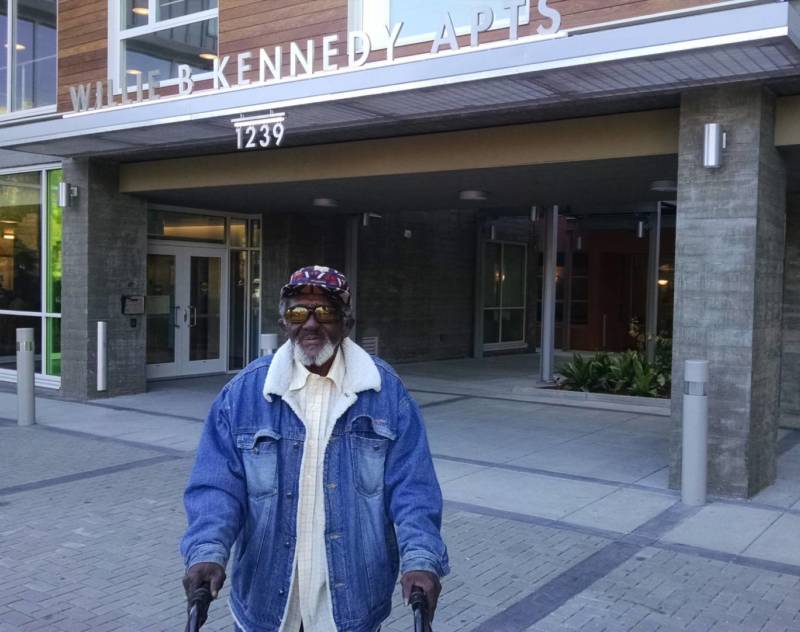San Francisco officials are applauding the Obama administration's decision to approve a preference-based city program aimed at slowing displacement of residents at risk of losing their housing.
The U.S. Department of Housing and Urban Development (HUD) announced Wednesday that it would support an "anti-displacement" preference for federally funded affordable housing for the elderly in the city's Western Addition.
"This is important progress in our efforts to halt the displacement of residents at greatest risk of being forced out of the city they know and love," said Mayor Ed Lee. "This will thwart the outmigration of African-American and Latino communities who have been deeply impacted by the challenging housing market."
Forty percent of the units at the Willie B. Kennedy Apartments -- a 98-unit development for senior citizens -- will be available to low-income residents who live in city census tracts under high risk of displacement pressure, said London Breed, president of the San Francisco Board of Supervisors.
"We got something I believe that's going to be just as good and just as effective at making sure that the people who live here have a real shot," said Breed at a press conference Thursday.
